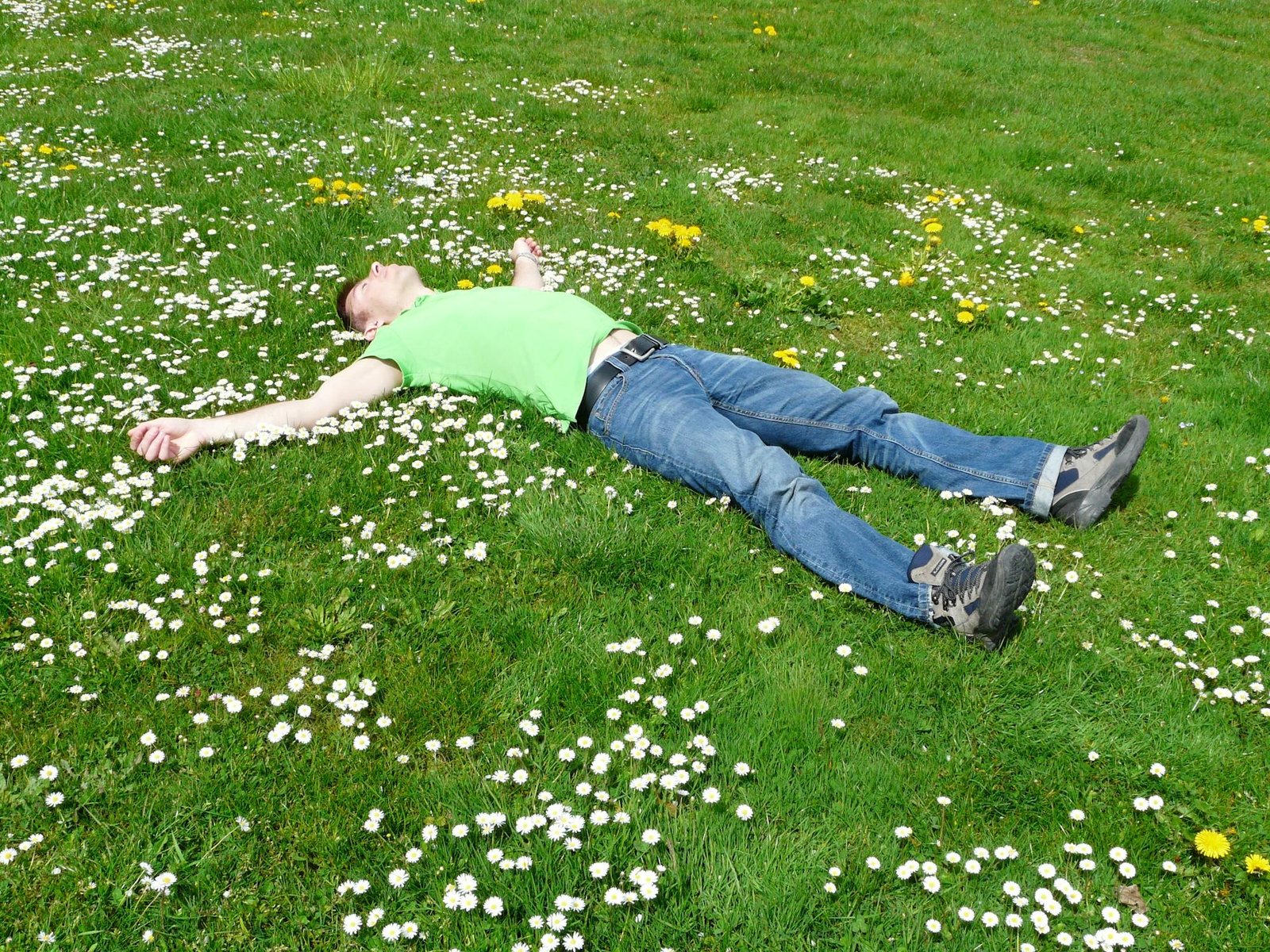Title: Relaxation: Your Guide to Peace of Mind
Dive into the world of relaxation with this question-and-answer format guide. Learn how to unwind, reduce stress, and improve your well-being in simple, practical ways.
Q1: What is Relaxation?
Relaxation refers to a state of being free from tension and anxiety. It is essential for both mental and physical health, allowing the body and mind to rest and recover from stress. Techniques for relaxation include deep breathing, meditation, and yoga.
Q2: Why is Relaxation Important?
Relaxation is crucial because it helps reduce the negative effects of stress on the body. Regular relaxation practices can lower blood pressure, improve mood, boost immune function, and enhance overall well-being.
Q3: How Does Relaxation Work?
Relaxation techniques work by triggering the body’s natural relaxation response. This response includes a slower heart rate, reduced muscle tension, and a sense of calmness. Activities like deep breathing and meditation stimulate this response effectively.
Q4: What Are the Main Benefits of Relaxation?
The primary benefits of relaxation include:
- Reduced Stress Levels – Helps in calming the mind and alleviating stress.
- Improved Sleep Quality – Promotes better and deeper sleep.
- Enhanced Focus and Concentration – Clears the mind and boosts productivity.
- Better Emotional Stability – Helps in managing anxiety and mood swings.
Q5: Are There Any Challenges to Achieving Relaxation?
Yes, some common challenges include:
- Busy Lifestyles – Lack of time for self-care and relaxation.
- Overthinking – Difficulty in calming the mind.
- Unfavorable Environment – Noise or distractions that hinder relaxation.
- Lack of Proper Techniques – Not knowing effective relaxation methods.
Q6: How Can You Start Practicing Relaxation?
To start practicing relaxation, follow these steps:
- Set a Routine – Dedicate time daily for relaxation.
- Choose the Right Techniques – Explore methods like meditation, deep breathing, or yoga.
- Create a Calm Environment – Find a quiet and comfortable place.
- Limit Distractions – Turn off electronic devices and focus on calming your mind.
Q7: What Are Common Misconceptions About Relaxation?
Some misconceptions about relaxation include:
- It Takes Too Much Time – Even a few minutes daily can make a difference.
- It Requires Special Skills – Simple breathing exercises can be very effective.
- It’s Only for Stress Relief – Relaxation also improves focus, mood, and overall health.
- It’s Expensive – Many relaxation techniques are free and can be done at home.
Q8: How Does Relaxation Compare to Other Stress Relief Methods?
Compared to other stress relief methods like exercise or therapy, relaxation is more immediate and can be practiced anywhere. While exercise is great for long-term stress relief, relaxation provides quick relief and is accessible to everyone.
Q9: What Are the Future Trends in Relaxation Techniques?
The future of relaxation may include advancements in technology like VR meditation, AI-driven relaxation guides, and personalized relaxation programs based on biofeedback. These innovations aim to make relaxation more accessible and effective.
Q10: How Can Relaxation Techniques Be Improved?
Relaxation techniques can be improved by combining traditional methods with technology, such as guided meditation apps, wearable health trackers, and interactive breathing exercises.
Q11: How Can Relaxation Be Applied Globally?
Globally, relaxation practices are integrated into workplaces, schools, and healthcare settings to improve well-being and productivity. Mindfulness programs and mental health awareness are being promoted worldwide.
Q12: Conclusion
In summary, relaxation is a vital practice for maintaining mental and physical health. Understanding its principles and integrating them into daily life can lead to long-term benefits and a balanced lifestyle.
Q13: What Are the Different Types of Relaxation Techniques?
There are several types of relaxation techniques, including:
- Progressive Muscle Relaxation (PMR) – Focusing on tensing and relaxing each muscle group.
- Mindfulness Meditation – Being present in the moment without judgment.
- Deep Breathing Exercises – Controlling breath to reduce tension.
- Visualization Techniques – Imagining peaceful and calming scenes.
Q14: Can Relaxation Help with Anxiety?
Yes, relaxation can be highly effective in managing anxiety. Techniques like deep breathing and mindfulness can reduce anxiety symptoms by calming the nervous system and promoting a sense of safety.
Q15: How Long Should You Practice Relaxation Daily?
Experts recommend practicing relaxation for at least 10 to 20 minutes daily. Consistency is key to experiencing long-term benefits in stress reduction and overall well-being.
Q16: Are There Digital Tools That Can Help with Relaxation?
Yes, there are many digital tools available, such as meditation apps (e.g., Calm, Headspace), breathing exercise apps, and VR relaxation experiences that can enhance your ability to relax effectively. “”


